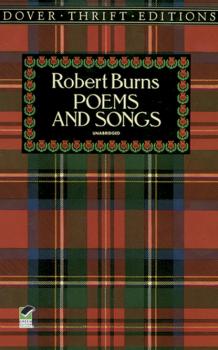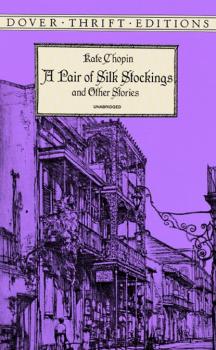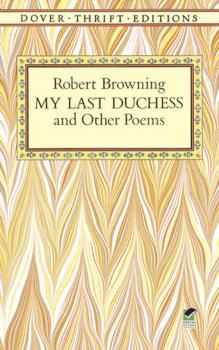ТОП просматриваемых книг сайта:
Dover Thrift Editions
Скачать книги из серии Dover Thrift EditionsАннотация
Информация о книге
Автор произведения Percy Bysshe Shelley
Жанр Зарубежные стихи
Серия Dover Thrift Editions
Аннотация
Информация о книге
Автор произведения Robert Burns
Жанр Зарубежные стихи
Серия Dover Thrift Editions
Аннотация
Информация о книге
Автор произведения Kate Chopin
Жанр Управление, подбор персонала
Серия Dover Thrift Editions
Аннотация
Информация о книге
Автор произведения Гастон Леру
Жанр Зарубежные детективы
Серия Dover Thrift Editions
Аннотация
Информация о книге
Автор произведения Николай Гоголь
Жанр Зарубежная классика
Серия Dover Thrift Editions
Аннотация
Информация о книге
Автор произведения Jane Austen
Жанр Зарубежная классика
Серия Dover Thrift Editions
Аннотация
Информация о книге
Автор произведения Джон Мильтон
Жанр Зарубежные стихи
Серия Dover Thrift Editions
Аннотация
Информация о книге
Автор произведения Jane Austen
Жанр Зарубежная классика
Серия Dover Thrift Editions
Аннотация
Информация о книге
Автор произведения Robert Browning
Жанр Зарубежные стихи
Серия Dover Thrift Editions
Аннотация
Информация о книге
Автор произведения Ralph Waldo Emerson
Жанр Языкознание
Серия Dover Thrift Editions










